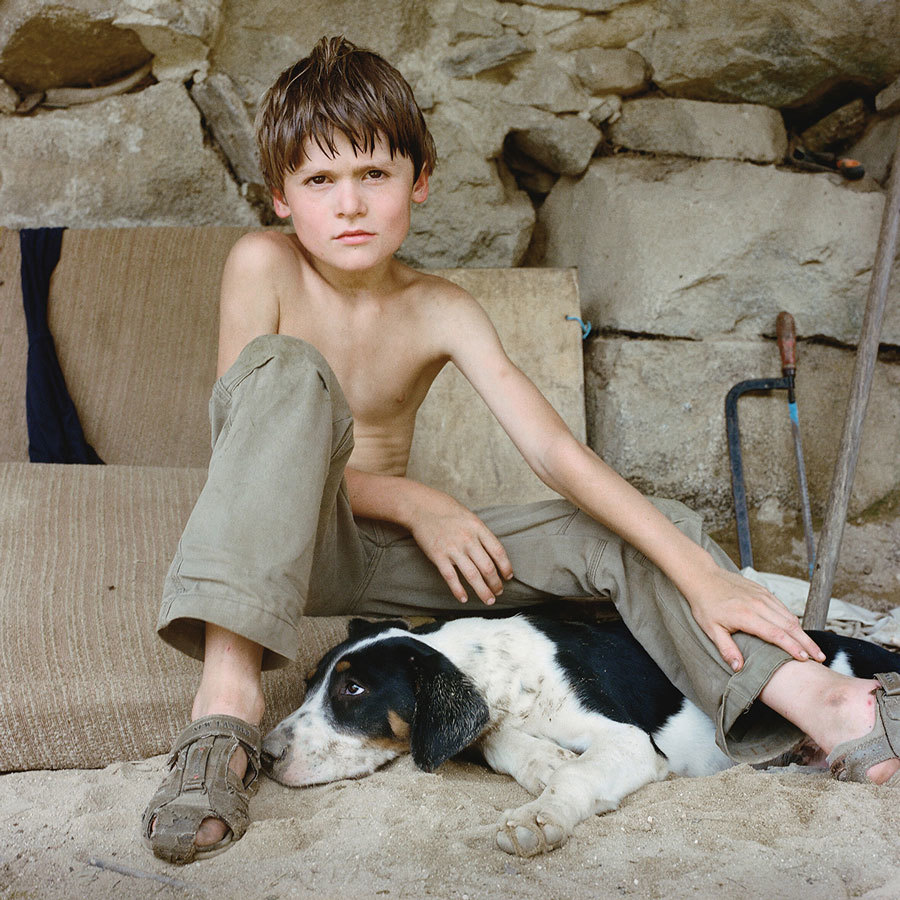When was last time you turned your phone off in order to contemplate the natural world without being interrupted by emails, texts, and notifications? While our lives follow the rhythm of our likes, hashtags, hearts, shares, and emails, some have made the choice to go back to a less digitally cluttered time. French photographer Antoine Bruy left the stress of the city to roam across the landscapes of Europe and meet eco-warriors, new age hippies, and self-sufficient communities. Members of these movements advocate a return to minimal kind of consumption — something they see as necessary, an evolution, not a regression.
In the series of images that make up Scrublands, Antoine documents the lifestyles and daily routines of those communities and captures an alternative space and time where they’ve invented a new way of living together. At this margin, they draw a new center, and invite us to reconsider the way we consume.
Did you always want to do documentary photography?
When I started the kind of photography I was into were things like Cartier-Bresson’s work, street photography. I really enjoyed going in the street, capturing scenes that seemed interesting to me, that touched me or that I found somehow funny. Gradually, my photography got very close to documentary.
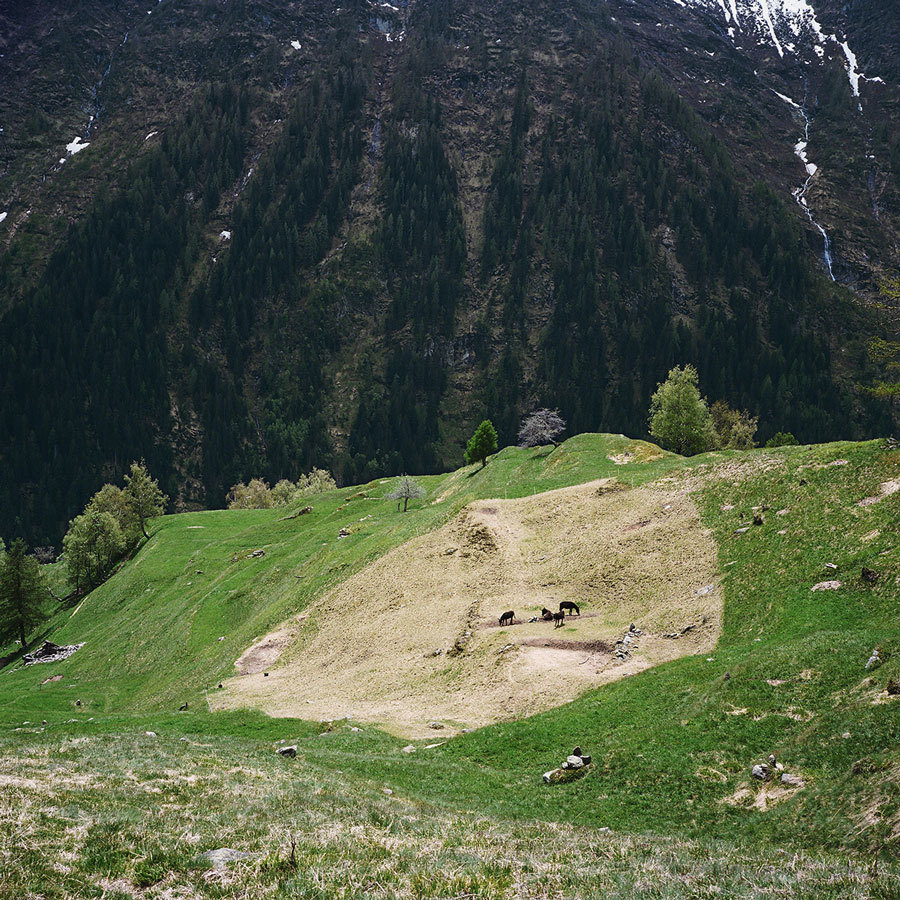
How did you start your series Scrubland?
It all started in 2006, just after I graduated from art school. I had two months of vacation and I decided to travel. I started hitchhiking and kept on postponing my return. I hit the road without any plan, without any destination. My only desire was to travel, meet people and take pictures. I wanted to discover France, my country, because I didn’t know it very well. By coincidence I came across people living outside society, like those we see in Scrublands. They lived in the middle of nowhere, were trying to be as self-sufficient as possible, made energy with solar panels, wind turbines, were growing their own vegetables. I didn’t know anything about this kind of living before I met them. It really amazed me. Four years later I decided to turn it into a project. I started looking for people living alternatively and targeting places that seem interesting.
Did you fantasize about living at the margin like the people you photographed?
I never really felt the desire. I wanted to learn from them, about eco construction, organic farming, eating differently, but I didn’t want to change my life in such a drastic way. It was more about being a visitor and photographing them.
How did they react to your presence?
I’ve always been very straightforward with them. They knew I was there as a photographer and that I wanted to document their lifestyle. I also wanted to invest myself in the way they live for a couple of weeks every time I was going somewhere. Everybody was really warm; some didn’t want to be photographed but it didn’t prevent me from spending really nice time with them and learning a lot about alternative forms of living.
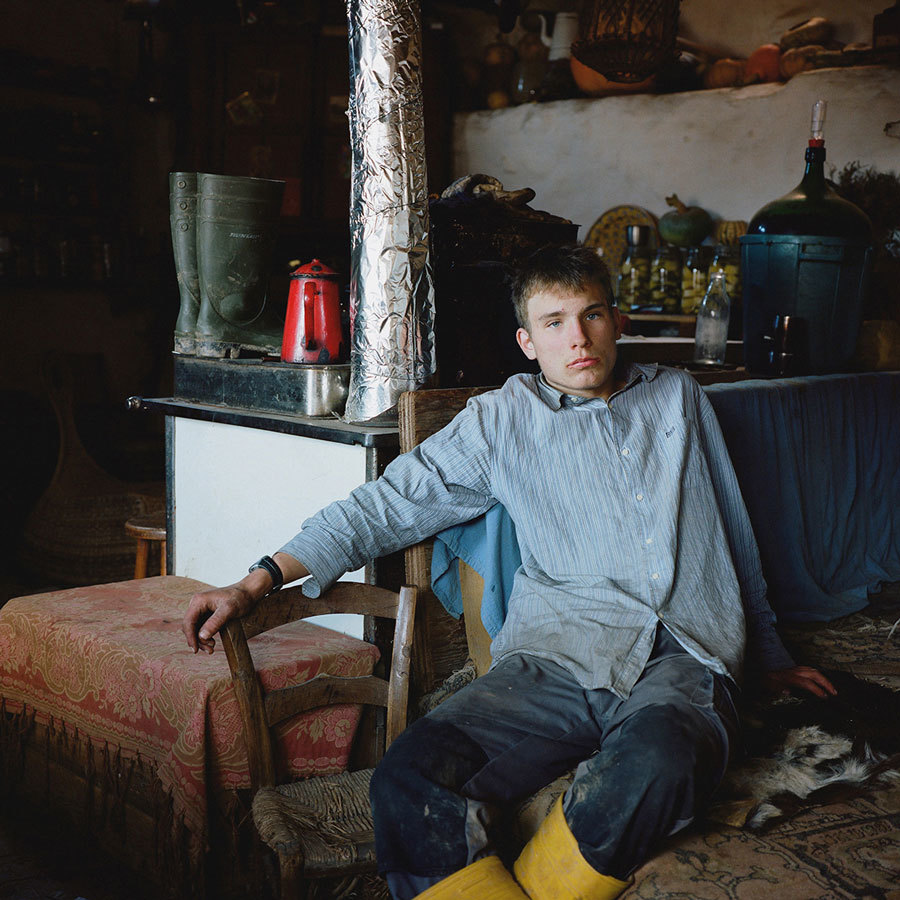
Did you get to know how and why they decided at some point to live differently?
Everybody changed their lives for different reasons. But what came back the most was this very strong inner desire to go back to a simple life, to give sense and value to daily gestures and choices.
Do you think we should take example from them a little more, learn to disconnect ourselves?
I think it could be very beneficial. I think this is linked to a physiological need we have to distance ourselves from what we’ve become, from all the stress we get stuck in, from technology that pressures us non stop.
How did you feel disconnecting yourself there?
I felt free, really. I had time to contemplate things.
Do you think a total self-sufficiency is possible?
No I don’t think so, even if it is something we can try and move towards. Not one of the people I met were fully self-sufficient in terms of food or energy. Socially speaking, they are people trying to welcome people in their world, form communities. They don’t want to isolate themselves. They are very inclusive and tolerant with other cultures, origins, social backgrounds.
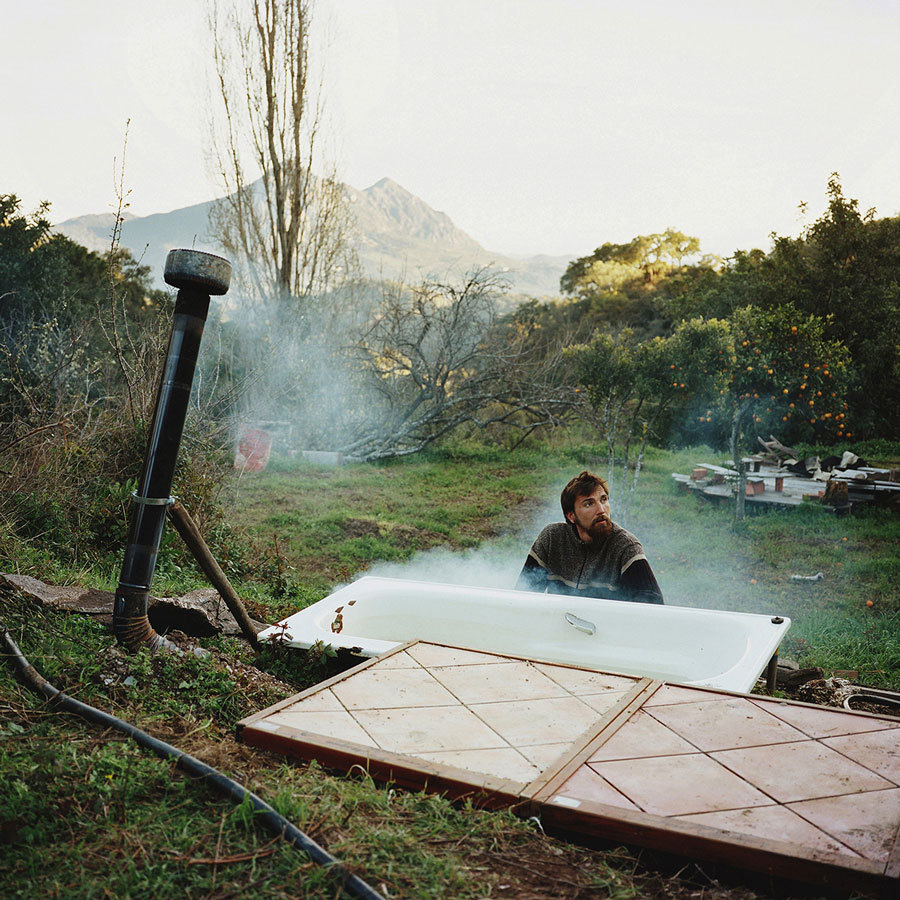
Was there a political message, a statement behind their choice of life?
I don’t know if we can call it a statement. For me their choice is a form of “passive” militancy — “passive” not being negative here.
How do they view us?
For them, our lives lack sense. The list of things from our society they reject is very long.
Do you think we are going to end up rethinking the way we live?
I’m not sure, but I can definitely see more and more people asking questions about the way we’ve built society and the way we live our lives. They are a lot of documentaries coming out about the environmental impact of Monsanto, Bayer. There is something coming. Questions that were considered quite niche before are becoming mainstream.
It is also quite crazy to see how new generation, born with all this technology, can be very sensitive to those debates.
Yes, exactly. It’s something touches more and more young people these days. I don’t really know where we are going. I sometimes feel cynical and think we are walking straight to the wall and that we will only ask ourselves the right questions once everything has collapsed. Sometimes, I am more positive and I can see people are slowly changing their position and try and find new solution.
How do you see our future then?
It depends on the day!
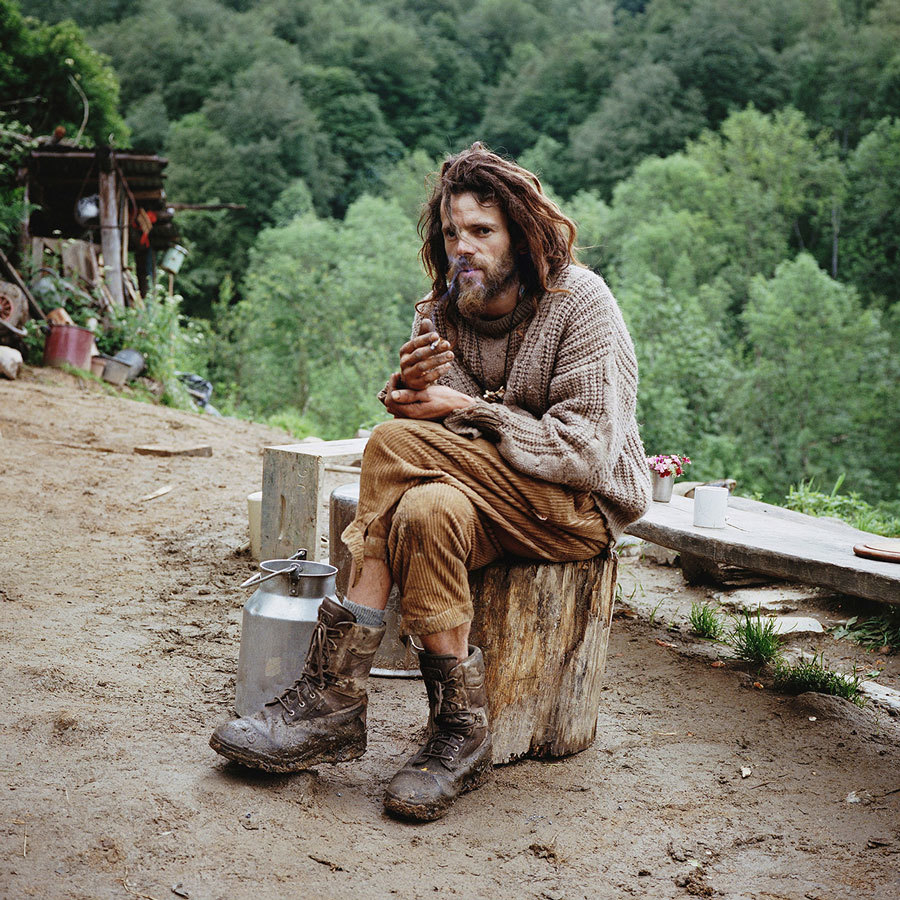
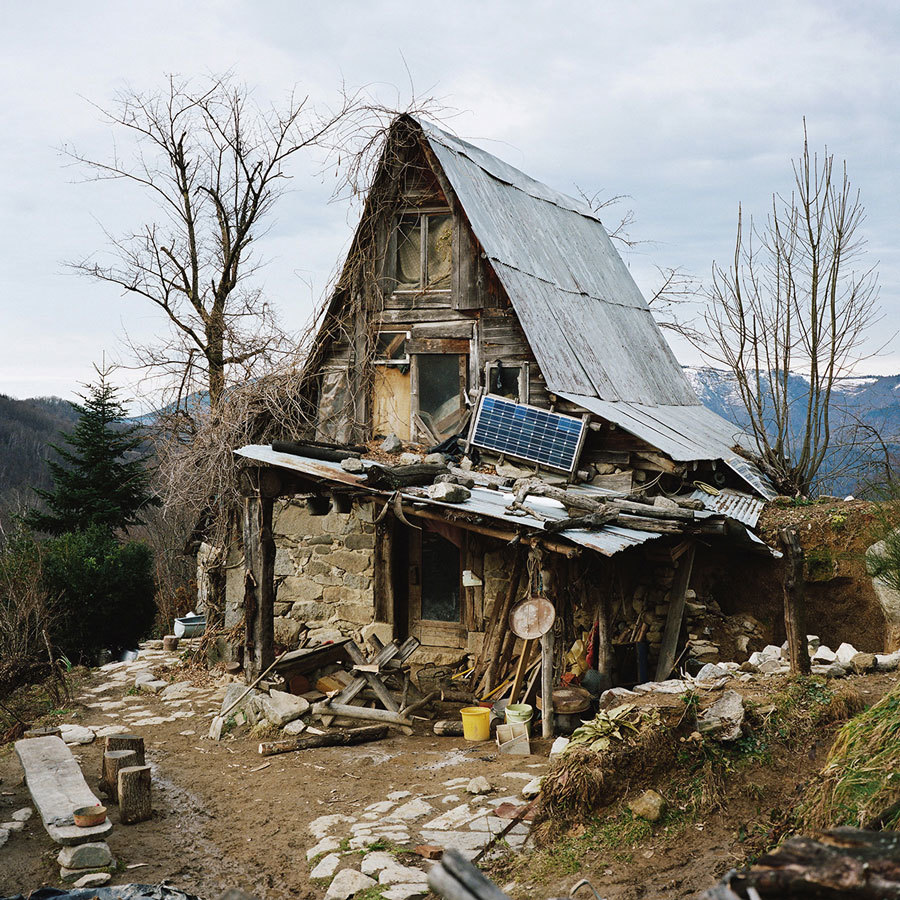
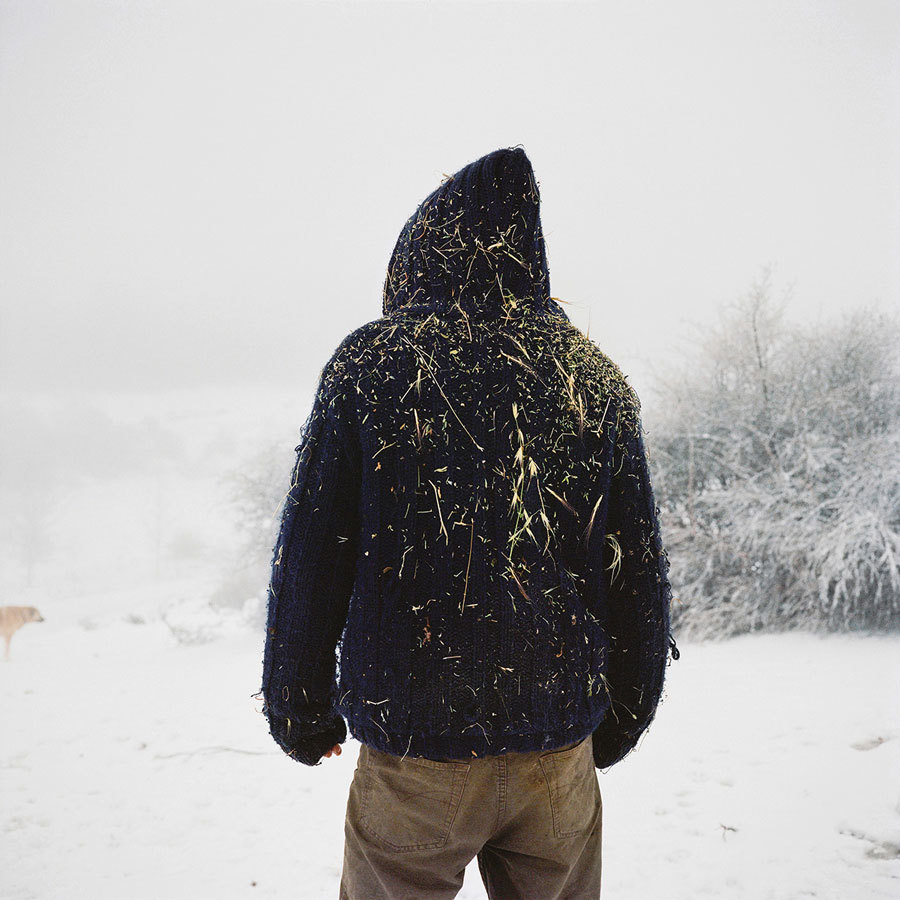
Credits
Text Micha Barban-Dangerfield
Photography Antoine Bruy
